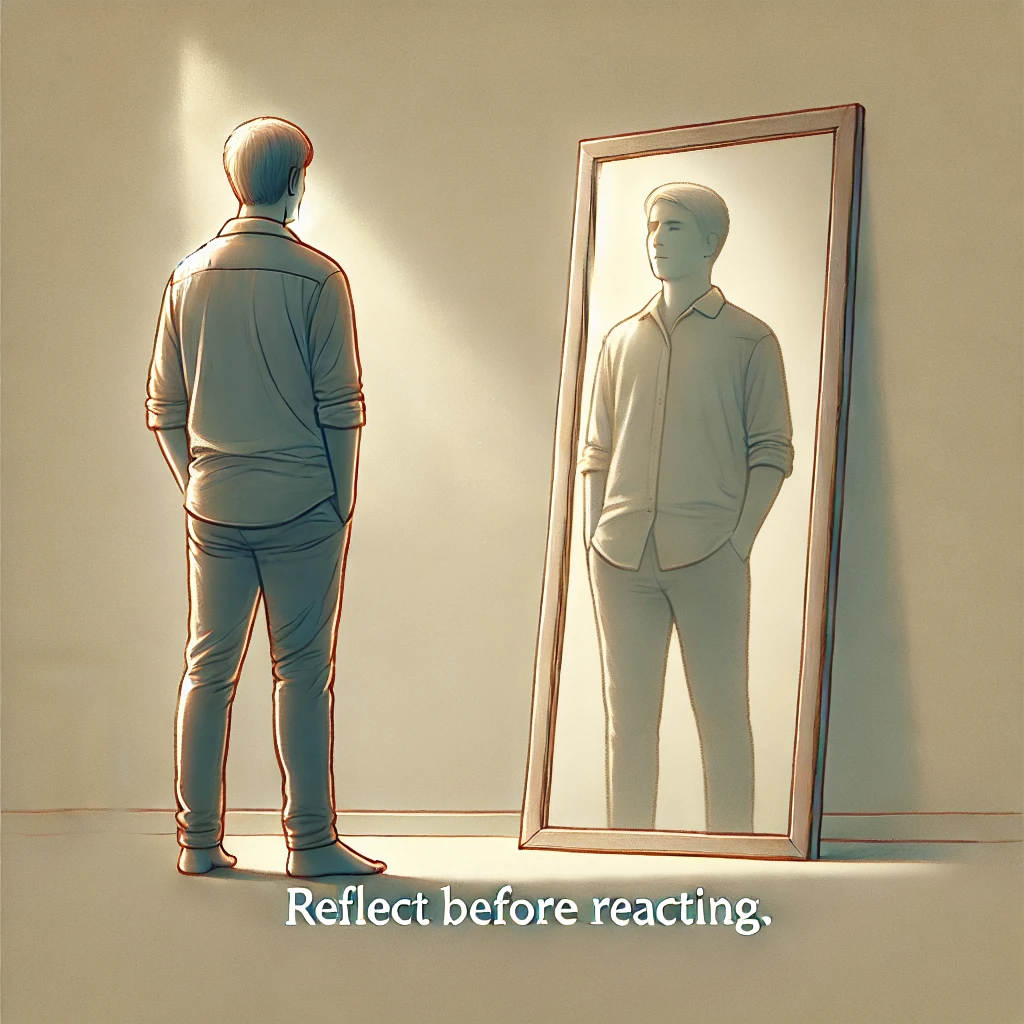In today’s fast-paced world, it’s easy to feel pressured to react to everything happening around us. But as the popular quote says, Learn to sit back and observe. Not everything needs action” – Tymoff, this advice encourages us to take a step back, reflect, and not rush into decisions or reactions. Let’s explore how this approach can positively impact your life.
Why You Should Learn to Sit Back and Observe

When you learn to sit back and observe, you’re giving yourself the chance to better understand situations before jumping to conclusions. This is essential in both personal and professional life, where premature actions can lead to misunderstandings or mistakes. Observation helps you gain clarity and approach situations more thoughtfully.
The Importance of Patience
One of the key lessons from the phrase “learn to sit back and observe” is the value of patience. Not everything demands your immediate attention or response. By sitting back, you:
– Allow emotions to settle before making decisions.
– Gain a clearer perspective of the situation.
– Avoid unnecessary conflict or stress.
Patience is a powerful tool that can improve both decision-making and relationships. Whether in a heated discussion or a work dilemma, learn to sit back and observe before you act.
Not Everything Needs a Reaction – Tymoff
In life, not everything that happens around you requires a reaction. “Not everything needs action” – Tymoff emphasizes this point. Often, we feel compelled to react to everything — be it in social situations, work pressures, or even online discussions. However, reacting without thinking can lead to regret and worsen situations.
The Power of Observation
When you choose to observe instead of reacting impulsively, you:
– Gain insights: Observing allows you to understand people’s intentions and behaviors better.
– Prevent overreactions: By holding back, you prevent escalating situations unnecessarily.
– Improve self-control: The ability to sit back and reflect builds emotional intelligence and helps manage stress.
Learning to sit back and observe helps you approach life’s challenges with a calm and strategic mindset.
How to Learn to Sit Back and Observe
Mastering the art of observation requires practice. Here are some tips to help you learn to sit back and observe in everyday life:
1. Take a Pause
When faced with a challenging situation, take a moment to pause. Breathe, reflect, and observe what’s going on around you. This short break can provide you with the clarity you need to respond more appropriately.
2. Listen More, Speak Less
Often, we rush to voice our opinions or feelings. Instead, focus on listening to others. When you learn to sit back and observe, you’ll notice subtle details and information that you might have missed if you were speaking.
3. Reflect Before Reacting

Before reacting to a situation, take some time to reflect on what you’ve observed. Ask yourself if a reaction is necessary. If it is, what is the most constructive way to approach it?
By following these steps, you can begin to embody the wisdom of “learn to sit back and observe. Not everything needs action” – Tymoff in your daily life.
Conclusion
The quote “Learn to sit back and observe. Not everything needs action” – Tymoff is a powerful reminder that we don’t always need to react to everything around us. By observing and reflecting before responding, we gain clarity, make better decisions, and improve our relationships with others.
Incorporating this wisdom into your life will help you navigate challenges with more patience and composure. So, next time you’re faced with a difficult situation, remember to learn to sit back and observe — because not everything needs action.

